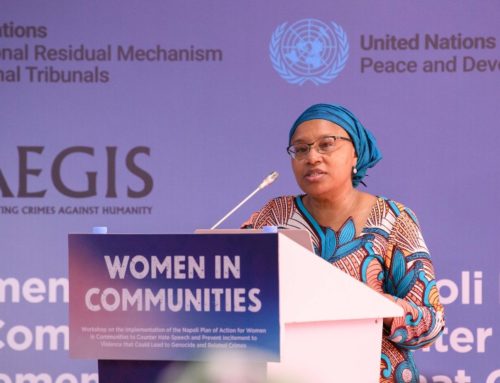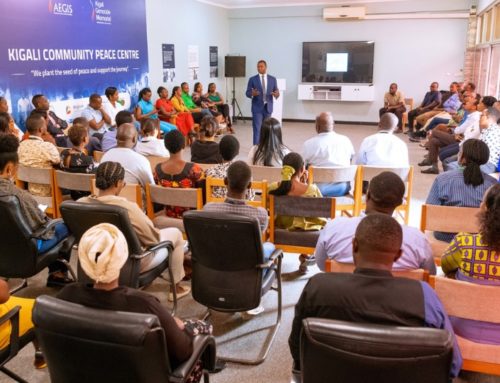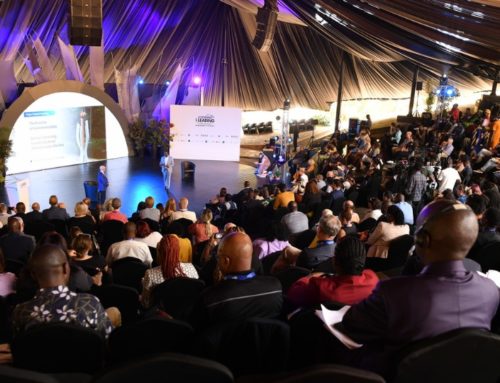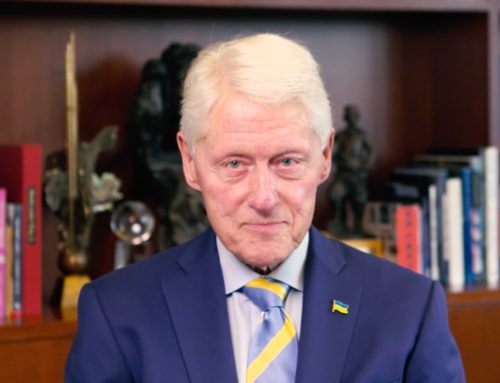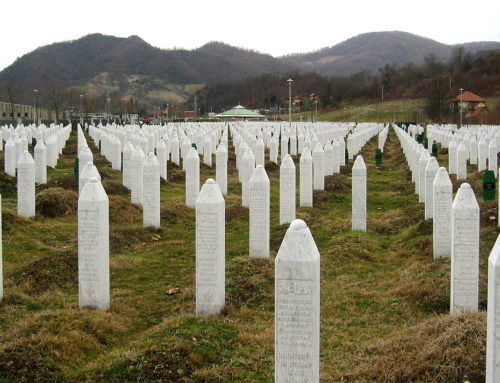Anuak massacre eyewitness speaks out
 14 Aug – From 13-15 December 2003, highlander militia and Ethiopian troops (rogue elements, according to Addis Ababa) killed an estimated 400+ Anuak civilians in Gambella town, capital of Gambella province, western Ethiopia. Now an eyewitness to that massacre has given a rare interview to the Aegis Trust – on the events of those three days, and on the conditions for Anuak in Ethiopia today.
14 Aug – From 13-15 December 2003, highlander militia and Ethiopian troops (rogue elements, according to Addis Ababa) killed an estimated 400+ Anuak civilians in Gambella town, capital of Gambella province, western Ethiopia. Now an eyewitness to that massacre has given a rare interview to the Aegis Trust – on the events of those three days, and on the conditions for Anuak in Ethiopia today.
During the 2003 massacre, the interviewee claims to have witnessed the murder of seven Anuak civilians by Ethiopian soldiers, several shot or knifed, one of whom was stopped, checked for the presence of tribal scarring on his face that would indicate he was not Anuak, and then tied up and run over with a military truck.
He offers a disturbing assessment of endemic racism against the Anuak, in the Government, the Army and the population at large. The picture that emerges is one of systematic discrimination in health, education, employment, governance and security, accompanied by a high level of violence against civilians.
Among the most troubling aspects are the disarmament of Anuak civilians by the Army in tandem with attempts to foment trouble between the Anuak and other minorities, such as the well-armed Nuer; accounts of public encouragement of flight to Sudan by senior Government officials, and accounts of rape, murder and the destruction of property accompanying clearance of land for oil exploration in Gambella.
On a positive note, the interviewee notes that since 2003, tensions between the Anuak and Nuer have been contained thanks to active efforts on the part of both communities, and in particular the church, to maintain good relations. He stresses however that any breakdown in this détente would be catastrophic for the Anuak, given the level of Nuer armament.
He states that the Anuak rebels – increasingly active since 2003 – consistently attack highlander civilians in retaliation for violence against the Anuak on the part of the Army; outrages that do nothing to aid their cause.
In conclusion, he offers a bleak assessment of the prospects for the Anuak in Gambella, over 30% of whom have become refugees abroad since 2003 – and 30,000 of whom remain precariously encamped at Pochalla in Sudan, where earlier this year they were surrounded and intimidated by Ethiopian troops.
“If things continue this way, after some years there will be no Anuak people maybe in Gambella,” he says. “The Anuak have lost their potential leaders and their community elders are all in exile in different countries. Young Anuak, some are not going to school because if education after all means you get in prison or killed then it’s meaningless, so I think it will be very difficult for the Anuak people in the future.”
Asked how the international community can help, he calls for international monitoring of what is happening in the Gambella region, and for the Ethiopian Government to be encouraged to sit down and negotiate with Anuak representatives to achieve a fair distribution of resources to Gambella and to end the violence.
Since the film of the interview totals 21 minutes, this has been broken into shorter segments (see below).
The interviewee was filmed at a secret location. His name is withheld, his voice has been scrambled, and his face masked to protect his identity.

